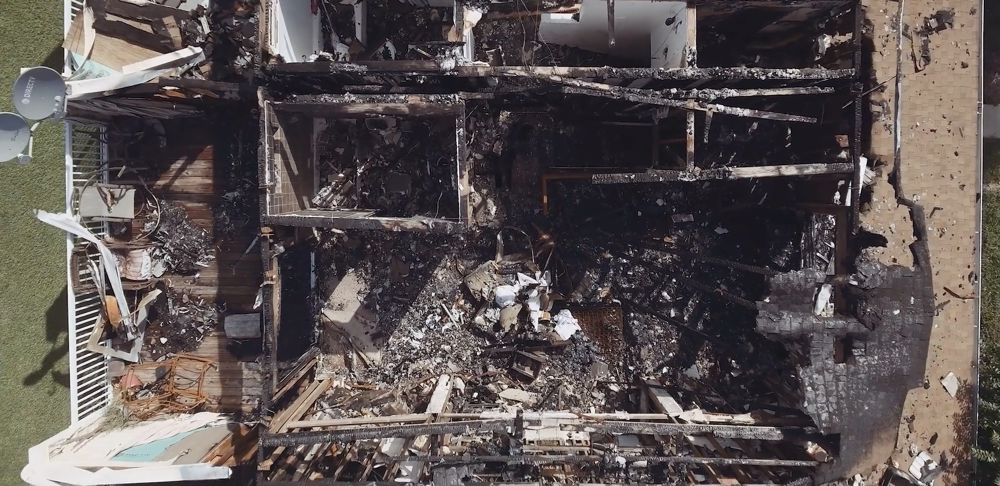Is Your State a Standard Fire Policy State?

When it comes to coverage as a business owner, the question isn’t so much about whether you own a business insurance policy, but what type or from which company. For instance, when you take out a loan to purchase an office, restaurant or high-rise unit, the lender traditionally requires you to purchase business insurance as a precondition to mortgage approval. But even if this wasn’t mandatory, a business owner’s policy is a smart investment; it’s a lifeline for worst-case scenarios.
The real question is if your business is physically located in a standard fire policy state. Given the highly regulated nature of insurance — as well as the terms and conditions insurers closely follow for what is and isn’t a covered event — understanding more about what this term means and whether you live in a standard fire policy city or town can be the difference between receiving a fair settlement from your insurer or paying out of pocket. If it’s the latter, depending on the circumstances of the peril, shouldering the cost may be too steep a price to absorb and remain in business.
What makes a state a standard fire policy state?
As defined by the International Risk Management Institute, a standard fire policy jurisdiction refers to a location, such as a state, in which insurance laws require insurers to provide a specific threshold of coverage for property damage stemming from fire-related events. For instance, if a state has a standard fire policy rule on the books, then an insurer must “provide coverage that is at least equivalent to that provided by a standard fire policy,” often regardless of how the fire actually occurred.
Here’s a partial list states, compiled by TransRe, with bylaws pertaining to standard fire policy provisions. More specifically, these states do not allow insurers to exclude acts of terrorism as a covered peril:
- California
- Georgia
- Hawaii
- Illinois
- Iowa
- Maine
- New York
- North Carolina
- Oregon
- Missouri
- West Virginia
- Wisconsin
- Massachusetts
- Washington
Since other states don’t have these requirements for insurers, a business owner may not be compensated in like fashion were they to encounter the same fate. In other words, if a fire was intentionally set and the business owner filed a claim, the insurer may not have to honor the claim. Arizona, Connecticut, Idaho, Louisiana, Massachusetts, Michigan, Minnesota, Nebraska and New Jersey are all states that absolve insurers from reimbursing policyholders encountering fire due to terroristic acts.
Here’s the bottom line: If your business is located in a standard fire policy-enforced state, you may have more coverage available to you than you realize. If you don’t know, good news: We do. As public insurance adjusters, our business at Stone Claims Group is maximizing your claim. Our familiarity with insurance bylaws as well as the fine print of insurance policies helps make us successful during negotiation efforts. Contact us today to learn more.
Getting you what’s FAIR.
Any views and opinions expressed in this blog are those only of the author of same and may not be imputed to Stone Claims, its current or former agents, or their assigns and successors. Under no circumstances shall Stone Claims be held responsible or liable for same including, but not limited to, for any errors or omissions in the content of same.